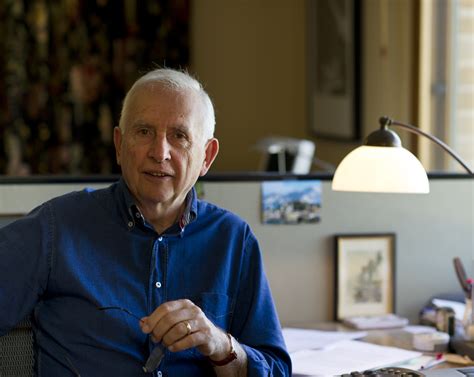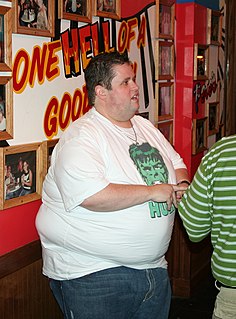A Quote by Stephen Covey
The average family spends 30 hours in front of a television, and they say they don't have the time to have a balanced, integrated life.
Related Quotes
The hours spent viewing TV are hours not available for actively participating in the real world, or playing, or being involved with friends and family. Watching television is an individual activity that tends to discourage interaction with others; as viewing time increases, family communication time decreases. As family communication decreases, people grow more distant from each other and may even forget how to carry on a good conversation.
What I learned, more than anything, was that you can't have it all balanced perfectly at any one time. When I was young, it was much more balanced toward work. When I had my children, it was much more balanced toward love and family, and I didn't get a lot of work done. So you can't ask of it to be perfectly balanced at any time, but your hope is, before you die, you've somehow had each of those spheres come to life. That's probably more important than success in any one of those spheres alone.
My average fan works for about $20 per hour, if they are lucky enough to have a job. And then factoring in insurance, taxes and such, they're maybe bringing home $15 per hour. If my tickets are just under $30, it took them about two hours of their life to make the money to come see my show. Why shouldn't I give them two hours too?





































